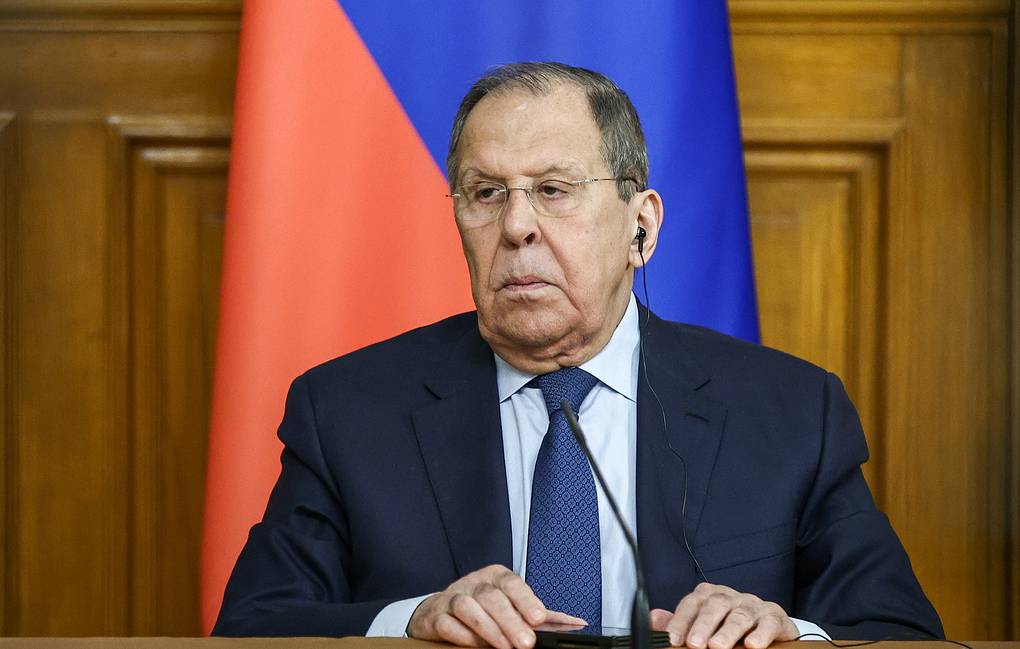On November 25, Russia strongly criticized the delay intention being applied by the West, while Kiev announced that it had significantly revised the draft peace plan for Ukraine that US President Donald Trump's special delegate delivered to President Volodymyr Zelensky last week.
According to the Ukrainian presidential office, Zelensky is expected to travel to the US this weekend to "resume issues and reach an agreement" on the contents that Kiev wants to add to the draft.
The move comes as Europe is suddenly passive ahead of the Washington-backed peace plan.
French President Emmanuel Macron - a member of the "goodwill alliance" that wants to deploy troops in Ukraine after the conflict - said the US proposal "must be discussed further, negotiated further and improved further". This is also a common stance between the EU and the UK, which are concerned that Washington is deciding the playing field for itself.
A series of Western news agencies simultaneously confirmed that US Army Secretary Dan Driscoll had met with Russian officials in Abu Dhabi. The draft was finalized through several rounds of discussions with Ukraine in Switzerland over the weekend. The Kremlin has not confirmed but has not denied the existence of the negotiations.
Meanwhile, Kiev's European allies - seemingly " missed" - emphasized the maximum stance: Not accepting any territorial censea, which is Moscow's red lines.
Russian Foreign Minister Sergei Lavrov accused the EU and the UK of seeking to sabotage Mr Trump's peace efforts, and distorted the plan to "serve personal interests". However, he stressed that Moscow is ready to negotiate with Washington if the official details are shared.

Although Kiev has continuously shown goodwill to Washington, Brussels has continuously expressed a tough stance, the gap between the parties is still as far as before. However, in a rare joint statement, the leaders of the UK, France and Germany expressed support for US President Donald Trump's efforts to end the conflict, while reiterating the requirement to ensure solid and reliable security for Ukraine.
Russia has repeatedly affirmed that the prerequisite for peace is Ukraine's recognition of new borders - something that Kiev and Europe have both denied.
RT quoted independent geopolitical analyst Pepe Escobar as calling the counter-weight plan from Europe a "delay" to set un acceptable conditions for Russia to extend the time to supplement weapons for Ukraine.
One of Europe's proposals is a 30-day ceasefire and leaving the territorial issue open for later - something Russia considers "unimaginable".
In other developments, President Donald Trump announced that he had directed special agent Steve Witkoff to Moscow to meet President Vladimir Putin. Army Minister Dan Driscoll, who is believed to have met with Russian officials, will also be sent to Ukraine to continue the negotiations.
Trump said there were just a few final disagreements after the peace plan was revised with contributions from both sides.
I hope to meet President Zelensky and President Putin as soon as possible, but only when the peace agreement is finalized or enters the final stages, Trump wrote on Truth Social.











